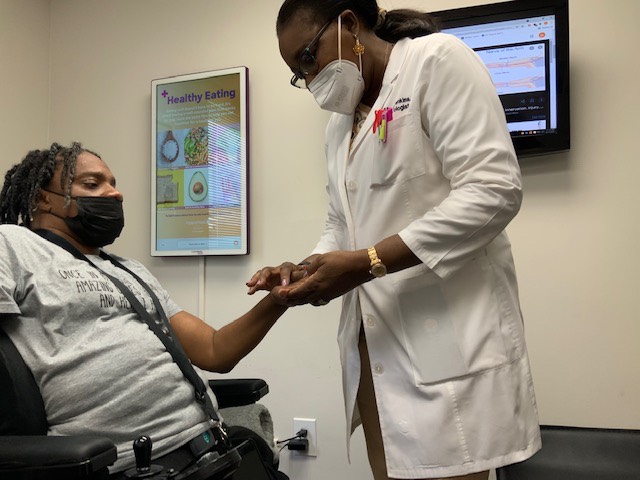
An estimated 33% of nursing home patients have some level of dementia. Many also manage severe neurological issues, as nursing homes face a shortage of specialty physicians to render quality care in their facilities. While primary care/internal medicine physicians likely round in the facility, the presence of the on-site neurologist, cardiologist and/or techs to administer certain testing is less widespread.
Northwest Neurology & Neurodiagnostic Center is more than a stand-alone practice. It also mobilizes its army of technicians for the sole purpose of contributing to the long-term health of the nursing home patient, often with the goal of pro-active symptom management and/or preventative care. This initiative is called:
The Neurological Institutional Patient Treatment & Education Program:


